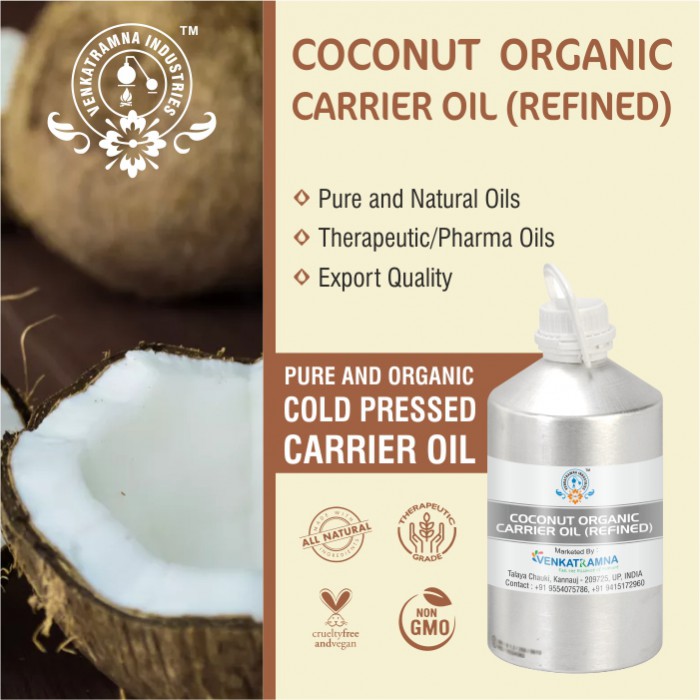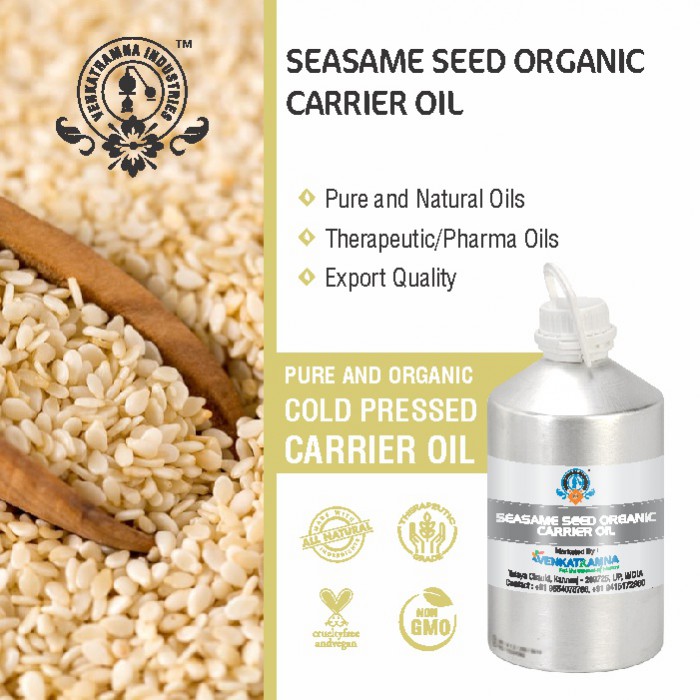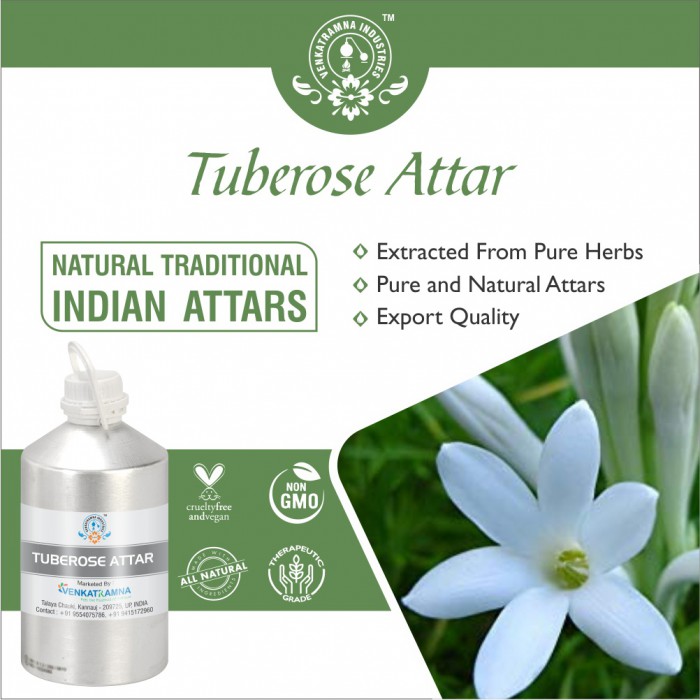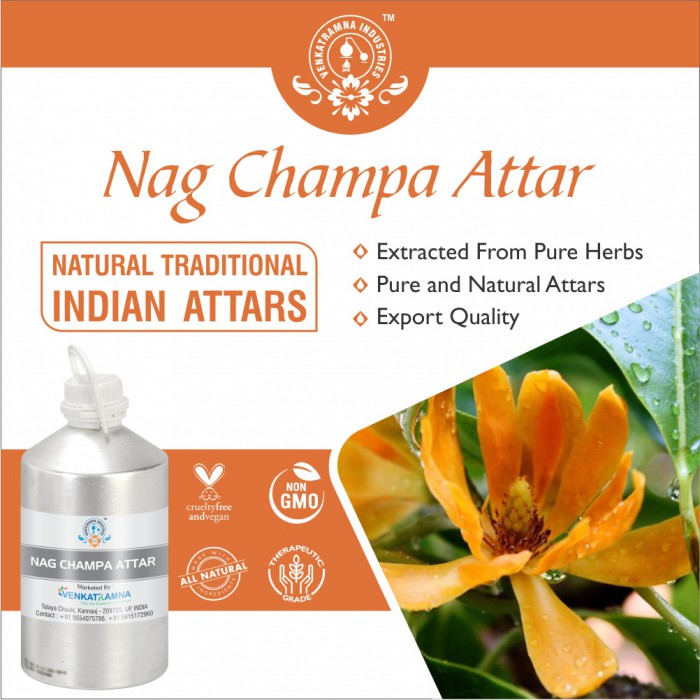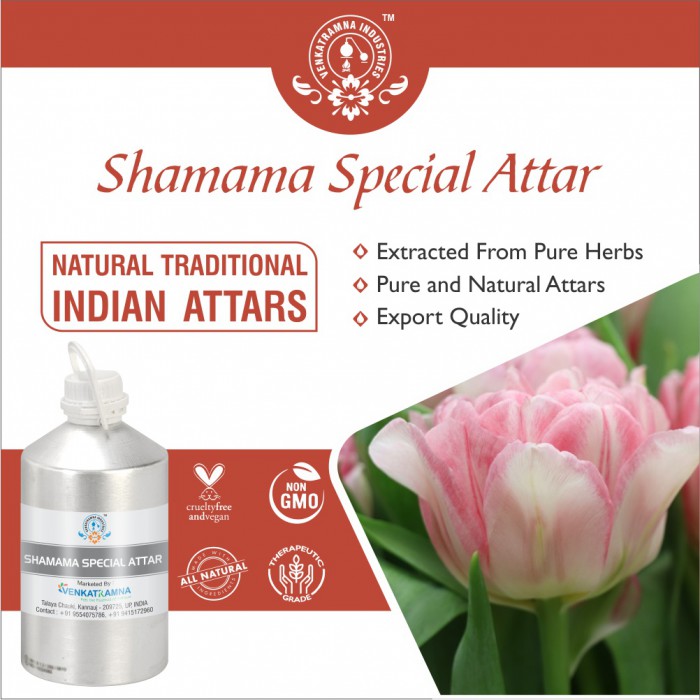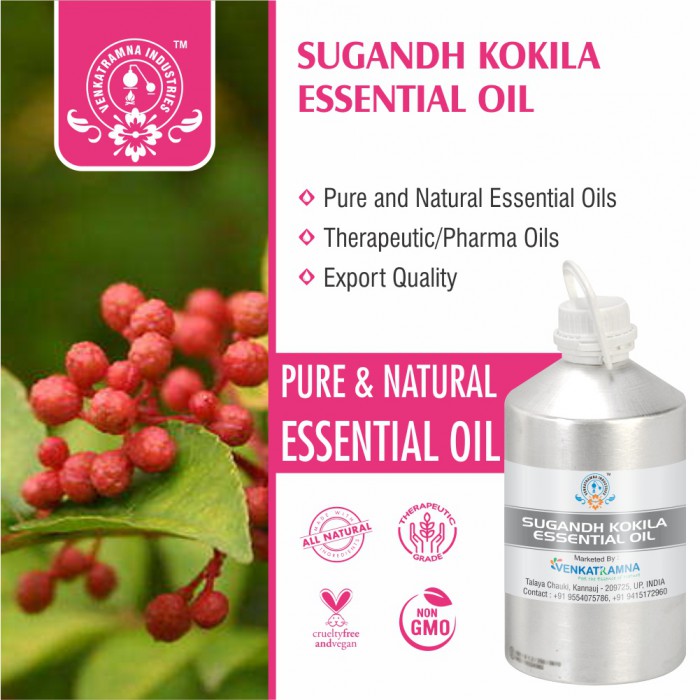Botanical Name: Prunus dulcis (Mill.) var. amara Common name: Bitter almond Read More
|
Botanical Name: |
Prunus dulcis (Mill.) var. amara |
|
Common name: |
Bitter
almond |
|
Plant
family: |
Rosaceae |
|
Genus: |
Prunus |
|
Appearance/Color: |
colorless
or yellowish, clear, thin, and strongly refractive liquid, which have a
characteristic, aromatic odor as well as a bitter taste. |
|
Odor: |
Sweet, nutty, intense aroma of almonds reminiscent of
marzipan and almond extract, with strong notes of cherry. |
|
Blends With: |
cassia,
orange and apricot oils. |
|
Origin |
USA |
The bitter almond tree (Prunus dulcis, var.
amara) also produces an almond, but broader and shorter in shape. From these is
produced a lesser quality of the fixed oil along with an emulsion which yields
glucose, cyanide, and the essential oil of bitter almonds, which is nearly pure
benzaldehyde.
The health benefits of bitter almond
essential oil can be attributed to its properties as a vermifuge, febrifuge,
bactericidal, germicidal, fungicidal, sedative, anesthetic, aperient, diuretic,
anti-intoxicating, anti-carcinogenic, and antispasmodic substance.
Almonds and almond oil date back to
pre-biblical times and were mentions in the bible as well. The benefits of
almond oil were well known in Greece and Italy prior to the Christian era.
Almonds were mentioned in old Greek mythology, as well as in classical
Shakespearean writings. Domestic almonds are said to have first appeared during
the bronze age, between 3000 and 2000 B.C. and were one of the earliest
domestic trees used for their seeds and oil.
Tree produce large, smooth almonds and offers 60-65% edible kernel per nut. The ‘tuono’ has thicker, hairier shells and offers only 32% of edible kernel per nut, but having a thick shell has advantages. The ‘Tuono’s shell protects the nut from threatening pests such as the naval orange worm. ARS researchers have managed to crossbreed the pest-resistant ‘Tuono’ tree with ‘Nonpareil’, resulting in hybridized cultivars of almond trees that are self-pollinated and maintain a high nut quality. the new, self-pollinating hybrids possess quality skin color, flavor, and oil content, and reduce almond growers’ dependency on insect pollination.
DISCLAIMER
The complete range of conditions
or methods of use are beyond our control therefore we do not assume any
responsibility and expressly disclaim any liability for any use of this
product. Information contained herein is believed to be true and accurate however,
all statements or suggestions are made without warranty, expressed or implied,
regarding accuracy of the information, the hazards connected with the use of
the material or the results to be obtained from the use thereof. Compliance
with all applicable federal, state, and local laws and local regulations
remains the responsibility of the user.
The FDA has not evaluated the
statements on this website. No claims are made by Venkatramna Industries as to
the medicinal value of any products from vriaroma.com or by us. The information
presented here is for educating our customers about the traditional uses of
essential oils and is not intended to diagnose, treat, cure, or prevent any
disease. You are responsible for understanding the safe application of these products.
If you have any questions, please call or email us for further information.
As per NAHA guidelines, New Directions Aromatics
(NDA) does not recommend the ingestion of essential oils. It is imperative to
consult a medical practitioner before using Essential Oils for therapeutic
purposes. Pregnant and nursing women and those taking prescription drugs are
especially advised not to use this product without the medical advice of a
physician. The oil should always be stored in an area that is inaccessible to
children, especially those under the age of 7.
Bitter almond oil is known to have a variety of health
benefits. It is helpful for muscle spasms, bacterial infections, fungal
infections, pain, digestive issues and for coughs as well. It was popular in
the Middle Ages for its effectiveness as a laxative and diuretic. Its fatty
acid content helps in maintaining blood pressure cholesterol levels in the
body. Its versatility comes from its potent properties as a vermifuge,
febrifuge, bactericidal, germicidal, fungicidal, sedative, anesthetic,
aperient, diuretic, anti-intoxicating, anti-carcinogenic, and antispasmodic
substance. The oil has several pharmacological effects.
Bitter Almond oil was natural and traditional option to cure
wrinkles of skin since it causes skin rejuvenation. It’s antibacterial and antimicrobial
properties help kill acne causing bacteria and is useful to treat cuts,
scrapes, and wounds.
Bitter almond essential oil in Pharma
The scent and feel are often
considered broadly therapeutic. Bitter almond essential oil is blended with
other oils like orange or apricot, particularly in aromatherapy uses. It is a
best choice for blends in aroma therapies and massages.
It contains oleic acid, a
type of mono saturated acid, plus omega-9 fatty acid giving it potent
moisturizing properties. Since it is easily absorbed, it is able to deliver its
high nutritional content deep within layers of the dermis to powerfully heal
and nourish skin.
Essence
of Bitter almond essential oil
Bitter almond oil is used
externally as a fragrance ingredient.
It is key ingredient in
moisturizers or lotions for the face as well as body. It can be included in
makeup removers as well. Its ability to lighten and brighten skin can help fade
dark spots, dark circles under eyes, hyperpigmentation, and brighten skin tone.
It is used to reduce the appearance of stretch marks. It cleanses skin and help cure acne. The Bitter Almond oil contains
vitamin E and can be used as a skin softener. It is rich in vitamins, B6, B5,
B1, A, E, which all of them are useful for skin.
Almond oil contains nutrients for health of scalp and hair
follicles that increase hair growth and also protect hair from UV rays.
The strong aroma and
characteristic flavor of the oil is used in bakery products for inculcating the
flavor and essence.
COMMON USAGE
·
Inhibits fungal growth
·
Kills worms
·
Treats spasms
·
Sedative effects
·
Effective purgative
·
Promotes urination
·
Prevents cancer
Hydrogen cyanide is a deadly poison and so are glycoside
amygdalin and benzaldehyde. So, extreme care should be taken in case of both
internal and external applications. A small mistake or overdose can be fatal.
It should never be given to babies, children, the elderly, or seriously ill
people.
Ingredients:
|
S. No |
Key Constituents |
Strength (%) |
|
1 |
Benzaldehyde |
98 |
TOXICOLOGICAL INFORMATION
Benzaldehyde may be used as an adulterant of, or a
complete substitute for bitter almond oil (Burfield 2003). Benzaldehyde is
susceptible to autoxidation.
Safety
summary
·
Hazards: none known
·
Cautions: old or oxidized oils should be avoided.
·
Maximum
adult daily oral dose: 357 mg
Safety Advice
Maximum oral dose is based on 98% benzaldehyde and a
benzaldehyde limit of 5 mg/kg/day. Oxidation of bitter almond oil should be
avoided by storage in a dark, airtight container in a refrigerator. The
addition of an antioxidant to preparations containing it is recommended to
preparations containing it is recommended.
Organ-
specific effects
·
Adverse
skin reactions: undiluted
bitter almond oil FFPA produced hyperkeratosis and dry desquamation when
applied to mice or pigs; tested at 4% on 25 volunteers, the oil was neither
irritating nor sensitizing. It is non-phototoxic.
Systemic
effects
·
Acute
toxicity: bitter
almond oil FFPA acute oral LD50 in rats 1.49 mL/kg; acute dermal LD50 in
rabbits>3 g/kg.
·
Carcinogenic/
anticarcinogenic potential: Not
Carcinogenic
ECOLOGICAL
INFORMATION
·
Ecotoxicity: No data available
·
Bioaccumulation: No data available
·
Mobility in soil: No data available
·
Persistence and degradability: No data available
·
PBT and vPvB assessment: No data available


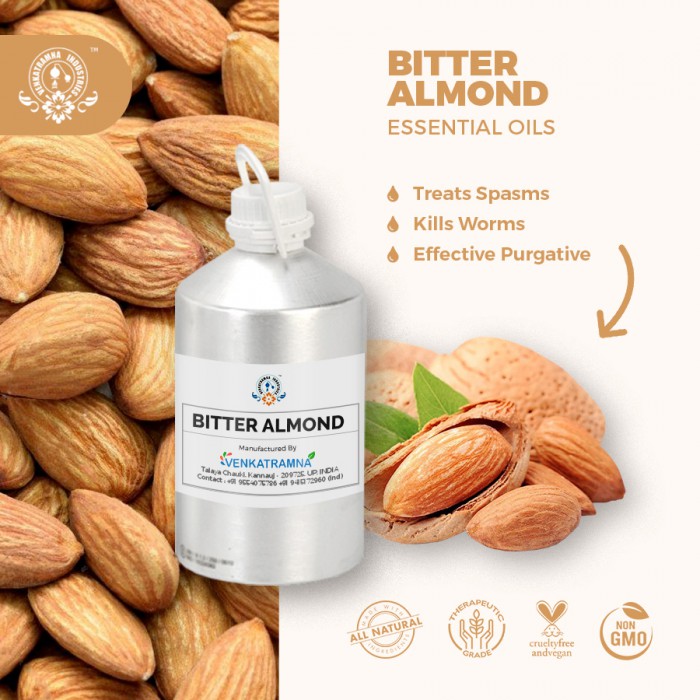
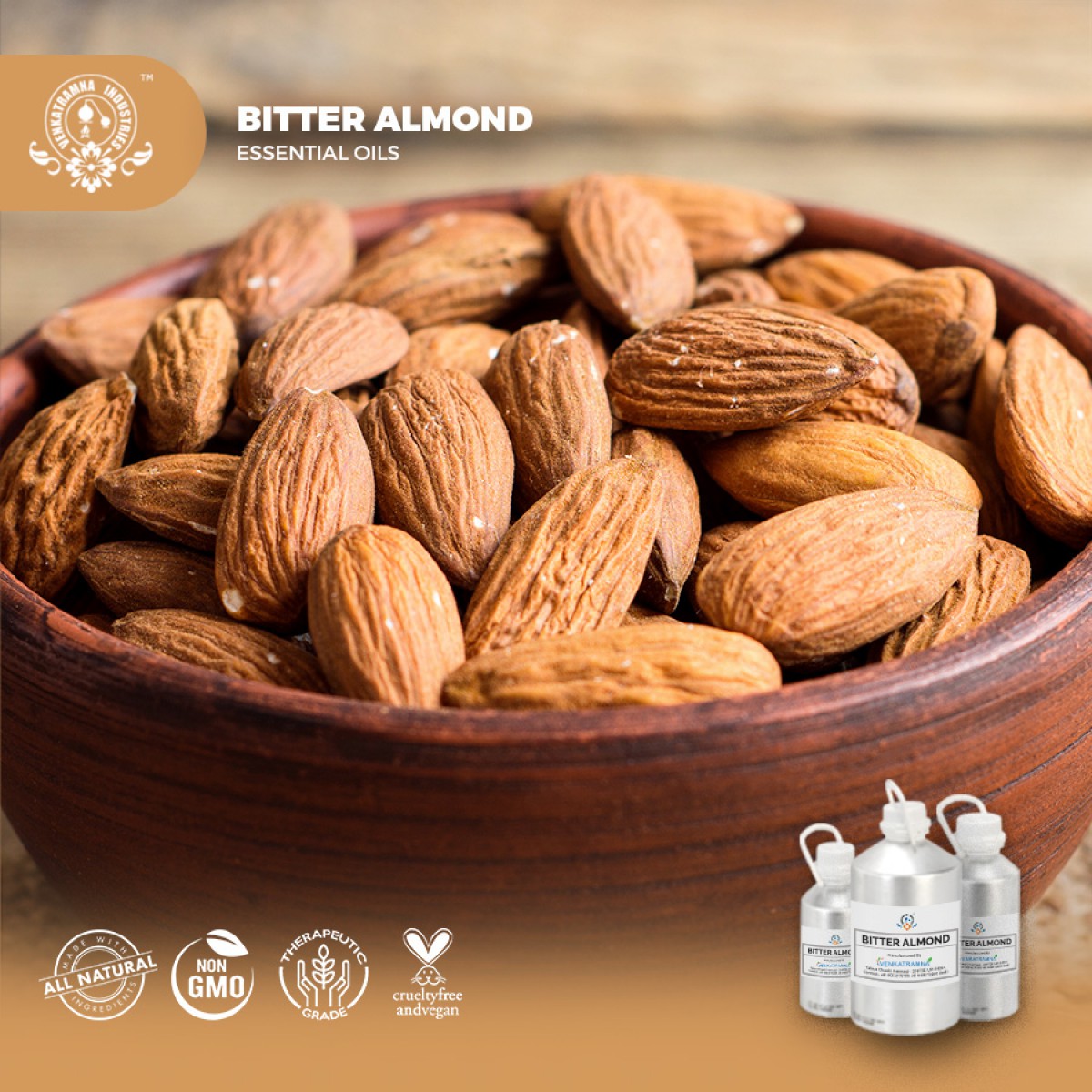
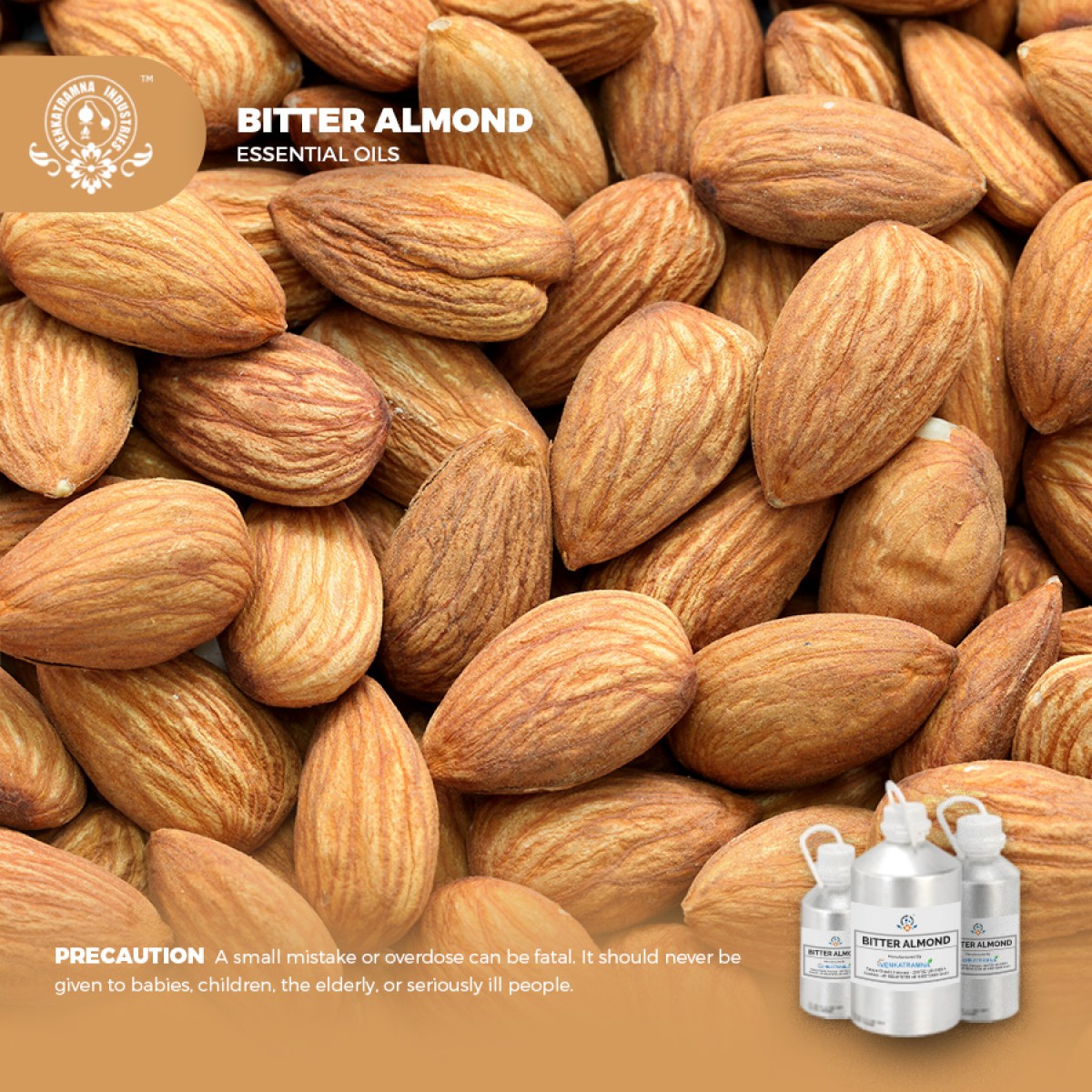
 MSDS-Almond.pdf
MSDS-Almond.pdf